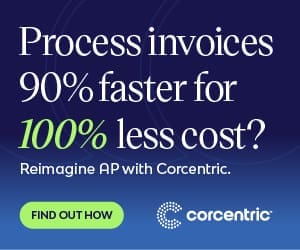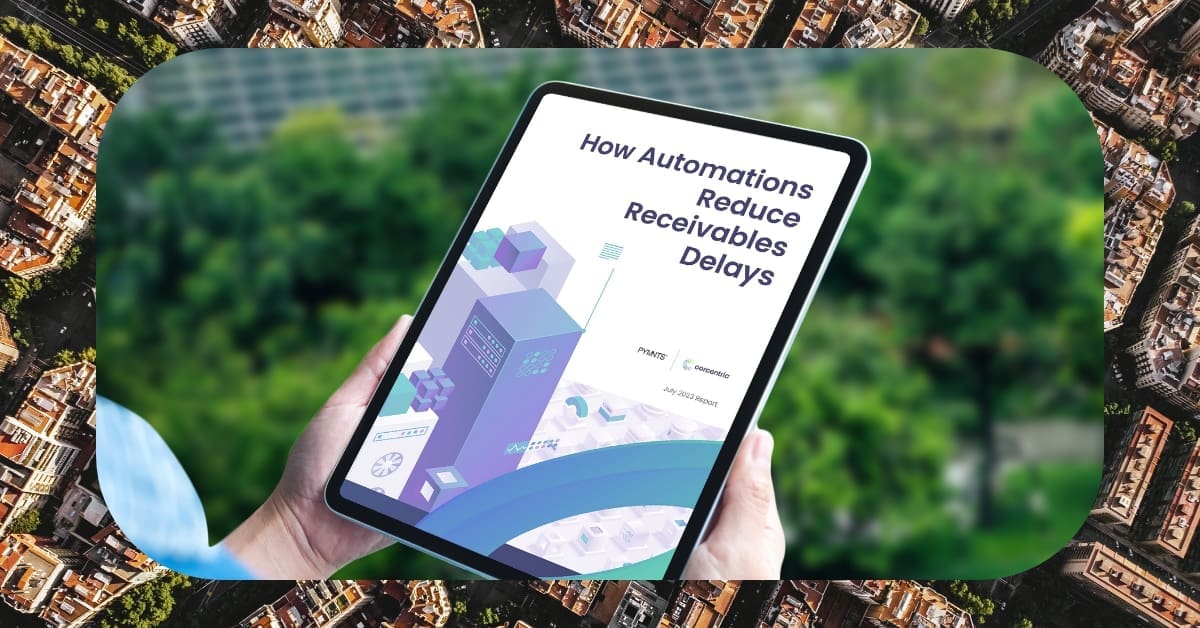Auditing Accounts Payable: Optimizing Operational Performance With Accounts Payable Automation Software

Auditing Accounts Payable
In the modern business landscape, accounts payable automation software has emerged as powerful tool for enhancing operational performance. Through automation, the process of auditing accounts payable is streamlined, allowing finance executives to quickly assess the accuracy, timeliness, and overall status of bought goods or services. However, there are certain considerations to bear in mind before implementing this type of Softwaresolution.
First, an organizationshould determine its exact needs in terms of accounts payable audit capabilities. Each available software platform may offer various assay features, including invoice tracking and processing, and automated validation and data entry. As such, it is important to select one that meets the specific requirements and objectives of the organization. Once the best platform is chosen, it ishould be fully integrated into existing systems and personnel procedures, along with appropriate security setup and training.
Organizations should also be aware that implementing accounts payable automation software often requires an initial investment in hardware, network infrastructure, and other related expenditures. business may benefit from modernizing their systems with the latest technology, such as cloud-based services, which have the potential to significantly improve operational performance and reduce operational costs over time.
The Softwares reporting capabilities should be evaluated, as well. Detailed reports can have dramatic effect on overall efficiency by providing comprehensive view of accounts payable processes in real-time. This, in turn, allows for timely decisions on areas such as invoice management and supplier payments.
When using accounts payable automation software, best practice also dictates that organizations should assign responsibility to internal or external experts. These experts should be knowledgeable in accounts payable processes and be tasked with ensuring the software is configured properly to run efficiently and securely.
In conclusion, commercial enterprises that are considering accounts payable automation software must ensure that their systems are properly assessed, configured and deployed in manner that optimizes cost-effectiveness and organizational compliance. By doing so, organizations can realize an increment in operational performance, communication, and overall efficiency.

